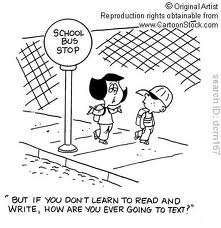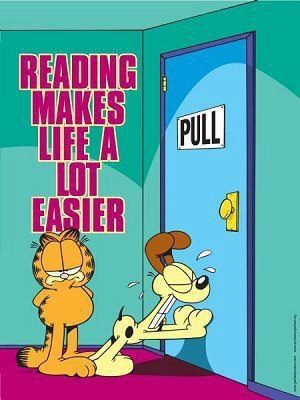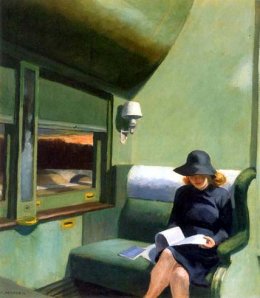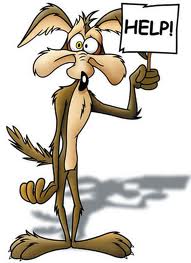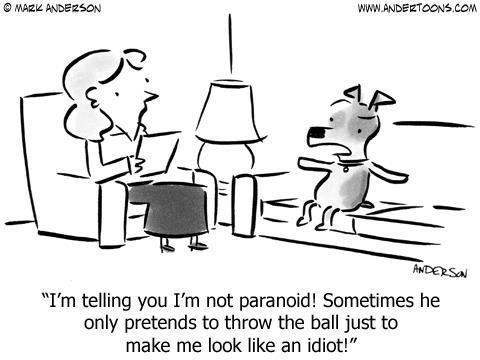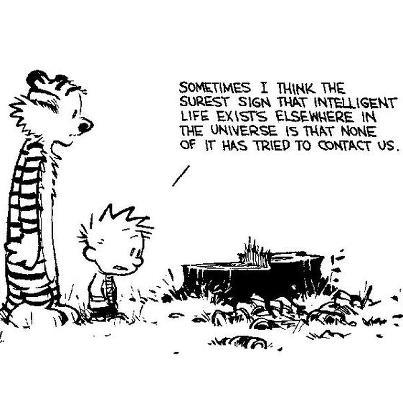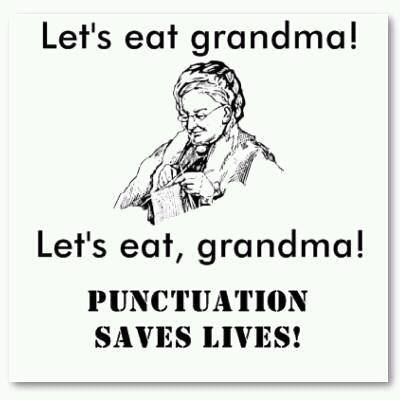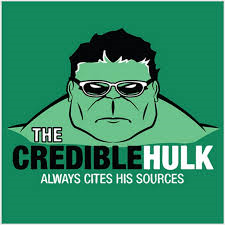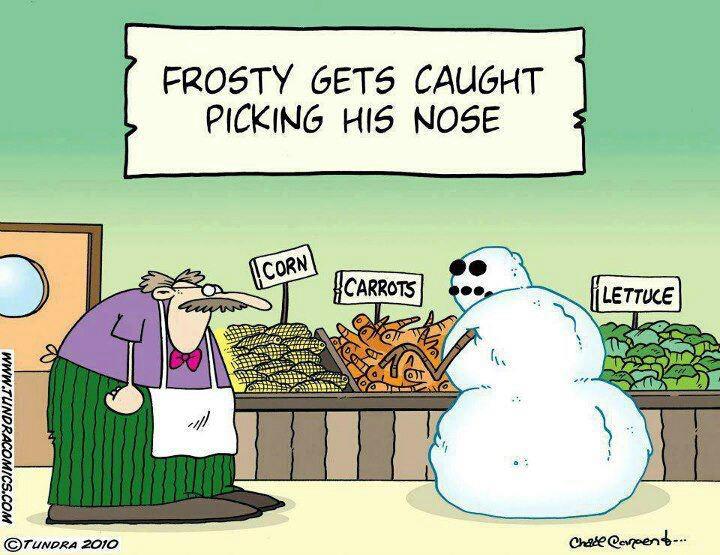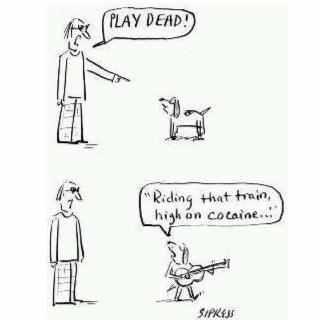My
Philosophy:
My philosophy can be
summarized within the following quotation: "Education
is not the filling of a pail, but
the lighting of a fire."
William Butler Yeats
1.
((1101)
English Composition I is often called a “gateway course” for
entering freshmen. This amplifies the course’s importance to our
students. The primary goal for this class will be to introduce and
guide students through the acquisition of these associate skills and
attitudes and to introduce the principles and practices of developing effective
communication in the writing and
reading processes. Reading, writing, speaking, and listening skills are
essential. These are necessary skills for the work force or for progressing
in any field. An individual’s ability to communicate in writing is essential
to holding a job or progressing, whether one is writing a memo, a project or
a report, an email or basic resume.
2.
(1101) The Humanities Department requires that students who successfully complete
English 1101 meet four important goals:
the literacy objective is
that students must read, comprehend, and respond to college-level writing;
the critical thinking objective
is that students should develop or improve their ability to engage in
synthesis, to reflect on the composition process and product, and to inquire
into questions both personal and social; students should develop or improve
their ability to recognize and apply complex writing processes, including
the synthesis of primary and/or secondary texts; and the
product objective is that
students should develop and improve
their ability to produce an organized, coherent, and developed essay
demonstrating a mastery of Standard Written English and MLA format.
3. (1102) The Humanities Department requires that students
who successfully complete English 1102 meet four important goals: the literarcy objective is that students must read, comprehend, and
respond to college-level writing; the critical thinking objective
is that students should develop or improve their ability to engage in
synthesis, to reflect on the composition process and product, and to inquire
into questions both personal and social; the process objective
is that students should develop or imporve their ability to
recognize and apply complex writing processes, including the synthesis of
primary and/or secondary texts; and the product objective is
that students should develop or imporve their ability to produce an
origanized, coherent, and developed essay demonstrating a mastery of
Standard Written English and the MLA format. We will achieve these goals via
semester-long research project and Lit/Comp focus (because stronger readers
make stronger thinkers and stronger writers).
5. (2122)
British Literature II is a survey course of
important works from British Literature from the
Romantic period to the present. The emphasis of this
course is on reading and understanding literary
texts and on generating interpretations about those
texts from the assigned readings and in class
readings. There will be plenty of opportunity to
participate and to respond to questions and ideas
raised by the works as well as to develop critical
reading skills. When writing for this course, draw
upon your own interpretations of the readings.
6.
(2122) Course Description:
British Literature II is a survey
course of important works from British Literature
from the Romantic period to the present. The
emphasis of this course is on reading and
understanding literary texts and on generating
interpretations about those texts from the assigned
readings and in class readings. There will be plenty
of opportunity to participate and to respond to
questions and ideas raised by the works as well as
to develop critical reading skills. When writing for
this course, draw upon your own interpretations of
the readings.
Course Prerequisites:
Students need to have completed 1101 or been
exempted from 1101.
Learning Outcomes’:
During the semester, students
will:
·
Enhance and demonstrate critical thinking skills.
·
Demonstrate successful speaking and writing skills.
·
Acquire a knowledge base regarding the development
of literature in Britain.
·
Recognize universal concerns and themes in
literature.
·
Gain an understanding of gender, cultural, and
ethnic diversity.
7. (2191) The COLQ for Dystopian Literature (The
Hunger Games)
Student Learning Outcomes:
Students will be able to discuss
verbally and in writing how class texts (stories,
novels and films) interact with the literary
elements. Students will be able to discuss verbally
and in writing the traits of dystopian genre and the
serious themes raised within that reflect our
current times. Students will be able to understand
how class texts reveal social concerns and issues.
Students will be able to see the class texts as
either windows into other cultures and customs or
mirrors into their own culture and customs. Students
will be able to write clearly and coherently on
course themes, engage in class discussion and
participate in individual critical analysis.
Course
Description:
With the forthcoming
prequel to The Hunger Games coming out,
utopian and dystopian film and literature have
become more popular than even after WW2 with the
looming threat of atomic warfare. In many ways both
genres are uniquely philosophical in their vision of
what the best and the worst social and political
arrangements are that humans can achieve. But boiled
down, dystopian novels are more criticisms of our
world, our possible worlds, and in essence, satires.
Why is this genre gaining in popularity again,
especially in Young Adult fiction? What is happening
in postmodern society that young readers are reading
books based on fear, loss and the will to survive
against all odds? This class will focus on answering
that question—we’ll track the emergence of the
modern dystopian novel and we’ll talk about
governments, war, freedoms, fears, religion,
culture, the apocalypse, modern society and many
other ideas that may give us a foothold into this
complex topic.

